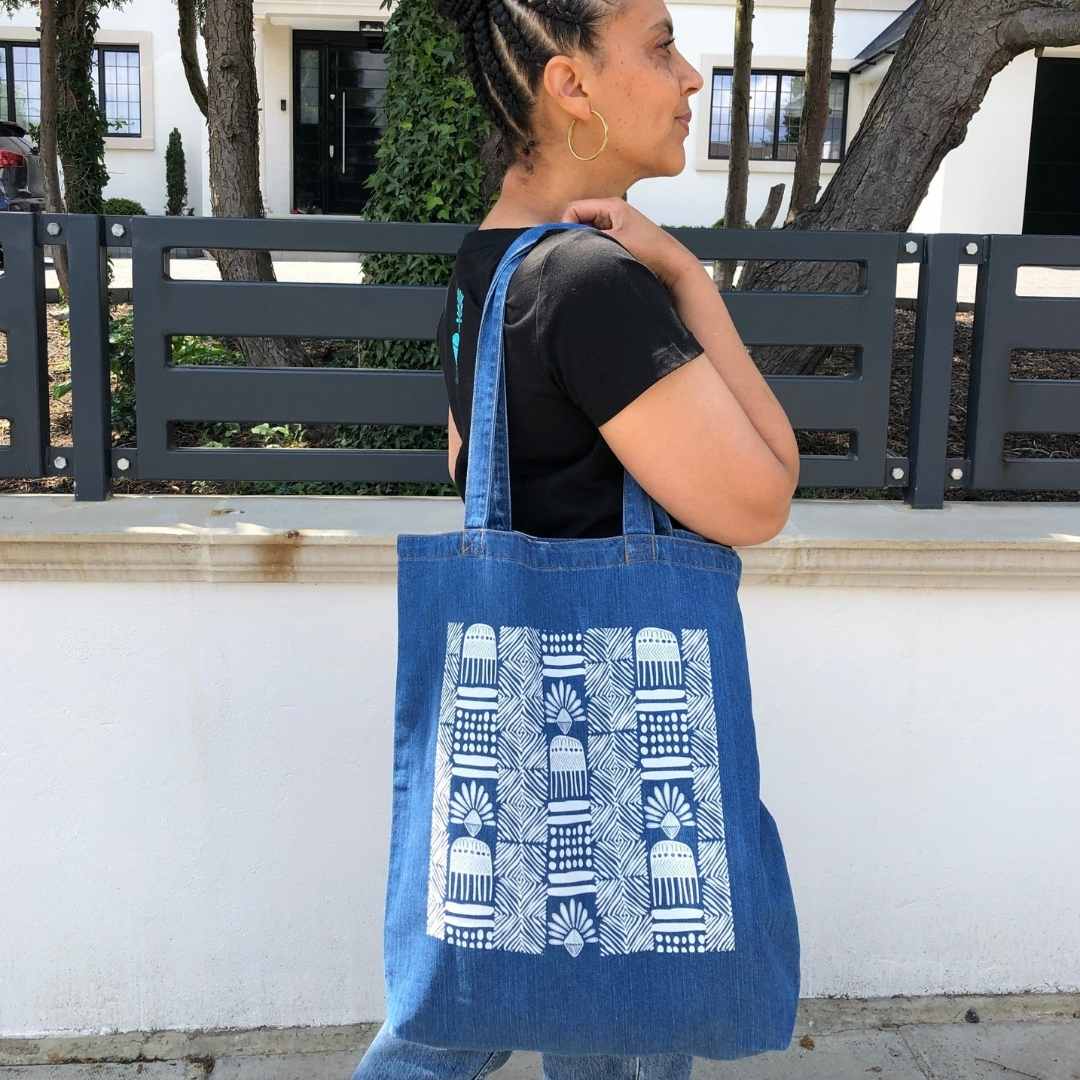Our Ethics
At the core of Tamayo’s values are the 10 fair trade principles.
Fair Trade
- The 10 principles of fair trade include: paying a fair price, creating opportunities for disadvantaged producers, decent working conditions, fair working terms for trade, no child or forced labour, transparency and accountability, no discrimination - gender equity and freedom of Association , capacity building and respect for the environment.
- The fair trade principles are closely aligned with the United Nations Sustainable Development Goals (UN SDGs).
- Fair trade is about making a difference and at its core is empowering producers to achieve financial security and ownership, so that they can thrive.
Natural Materials
- We use natural materials such as organic cotton (Global Organic Textile Standard Certified Cotton GOTS). We look for organic cotton because organic cotton farming uses organic fertilisers such as compost manure and does not allow the use of harmful pesticides.
- Furthermore, the organic cotton that carries the GOTS symbol can trace the seed to the finished product and meets strict environmental and social criteria during all the production processes including dyeing and printing and no harmful chemicals have been used. The whole process has been checked and certified by an independent third party auditor.
- We use bast fibres (e.g., linen, jute, hemp Linen for example) which are made from the fibre of the flax plant, which only needs rain water to grow, therefore zero irrigation and no chemical intervention are needed.
- The technique of crop rotation and regenerative farming produces 90 % less greenhouse gas emissions by maintaining the health of the soil and removes CO2 from the atmosphere.
- Other natural materials we use are alpaca and silk to name a few.
- What about using a cellulose mix for example Cotton/viscose, silk/modal? We make a conscious decision to use the fabric because an alternative is not an option at the time but there are other factors that align with our core values to work with a producer such being fair trade or ethical and the positive social impact working with them would be the benefit , handmade , printing techniques that minimise water for example digital printing etc.
Handmade and Traditional Heritage Skills
- We buy handmade pieces that showcase the heritage textiles and techniques of hand weaving , block printing and embroidery. This preserves the skills of the artisans and their cultural heritage and provides much needed income. The pieces take time and are more eco-friendly.
- We celebrate the uniqueness that is a characteristic of being handmade with flaws that occur naturally and are part of its beauty. Each one will be slightly different.
Working together and Long Term Relationships
- We value having long term relationships with our producers so that we can work together to find solutions and maximise the positive impact in their communities.
- We consider the impact of our decisions from design, dyes, materials and trims to how we ship the production.
- Ensuring the positive social impact with overseas producers and supply chains has to also come with a balance of minimising our carbon footprint. We offset some of our footprint when we source from UK wholesale fair trade and ethical producers, use natural materials, handmade production, recycled and upcycled materials .
- We use eco-friendly packaging which is made from recycled and bio-degradable materials and we use a minimal amount of branded packaging.
All of the above contribute to reducing the negative impacts of the fashion industry as one of the largest polluters of the planet. We cannot ignore overconsumption which plays a huge role in perpetuating the social, ecological and economic issues associated with the fashion industry.
We must change our buying habits and encourage you to be mindful of what you buy, choosing good quality fairly traded, natural, recycled and upcycled pieces that you can cherish for a life time.
Let’s all take action as we can all make a difference and think of the 5 Rs:
Reduce, Rewear, Recycle, Repair, Resell to tackle the climate crisis we are in.
